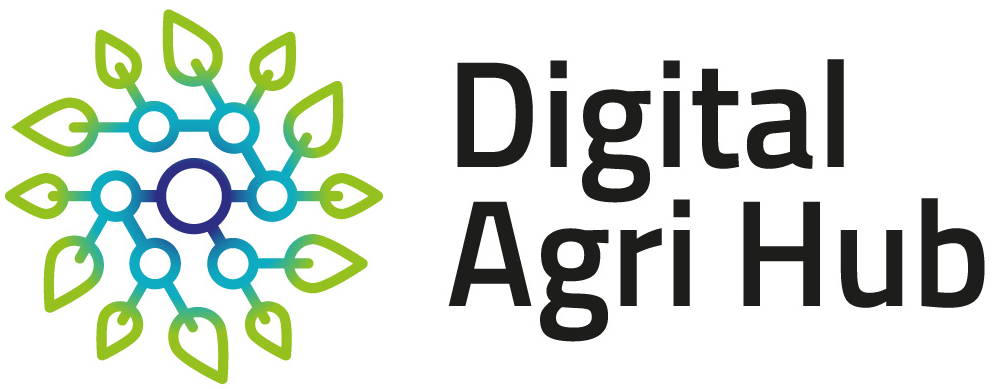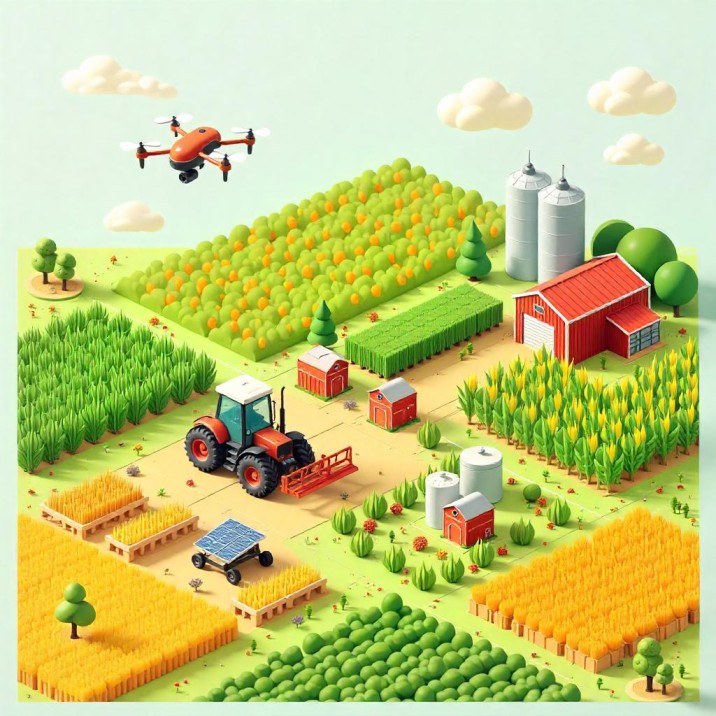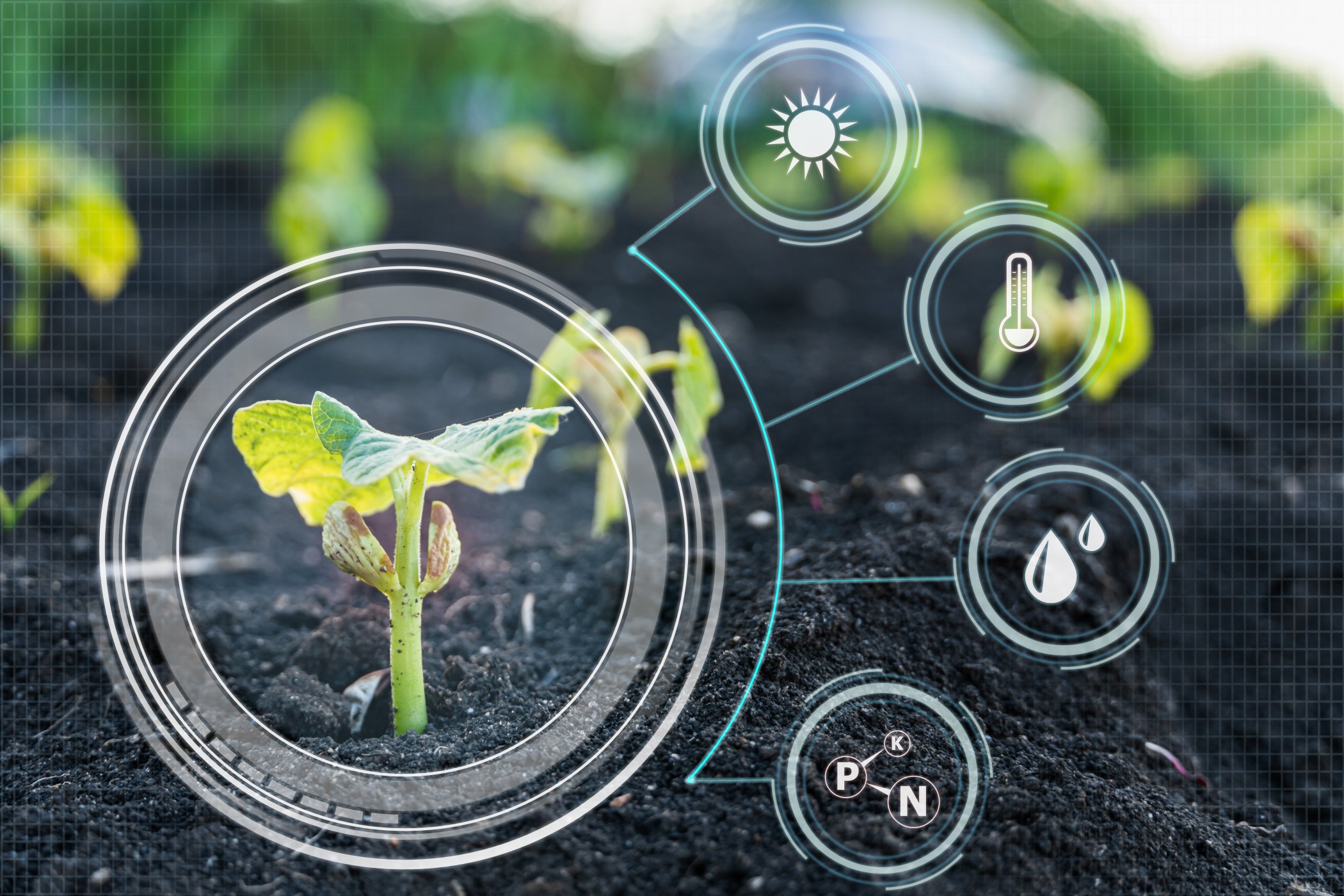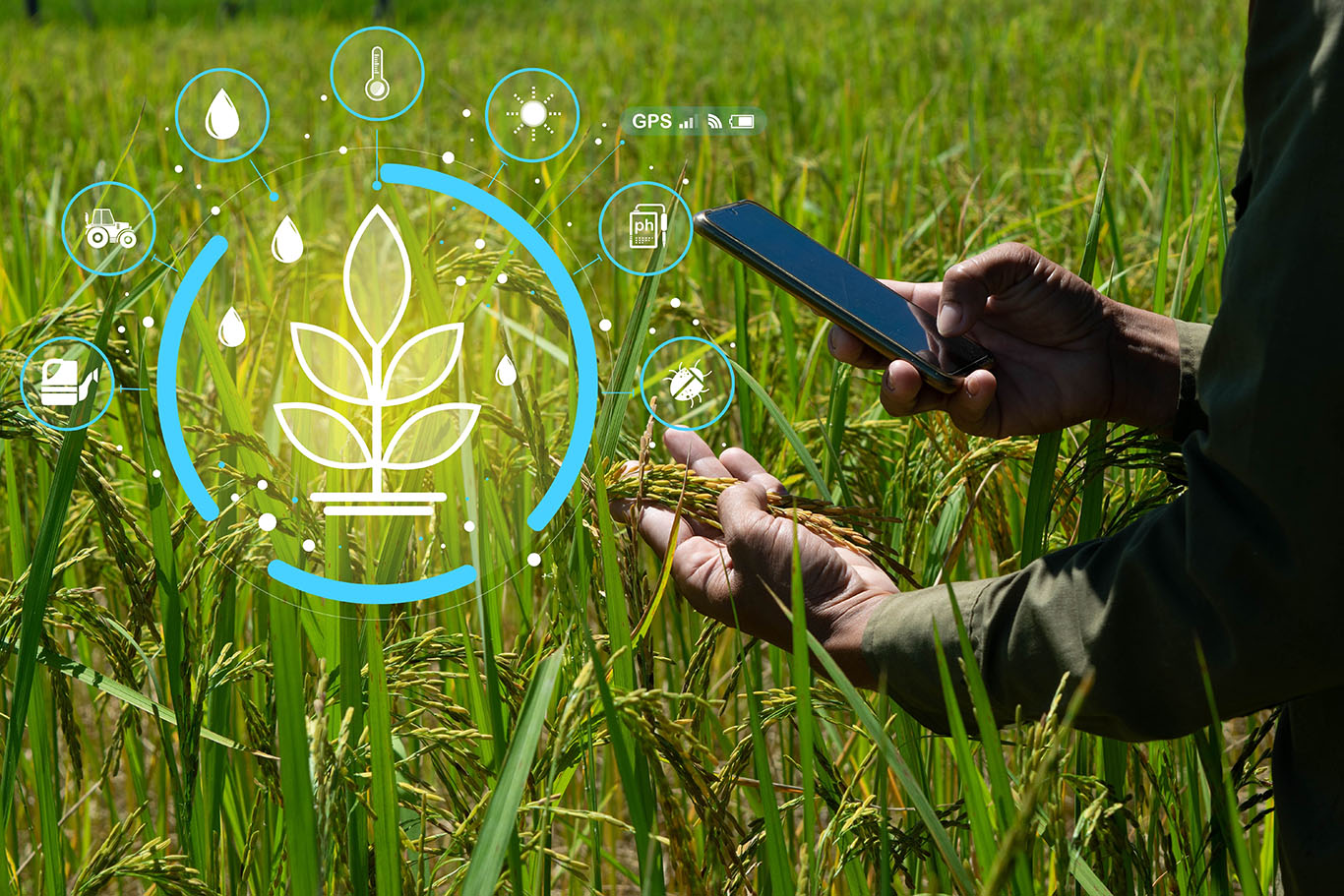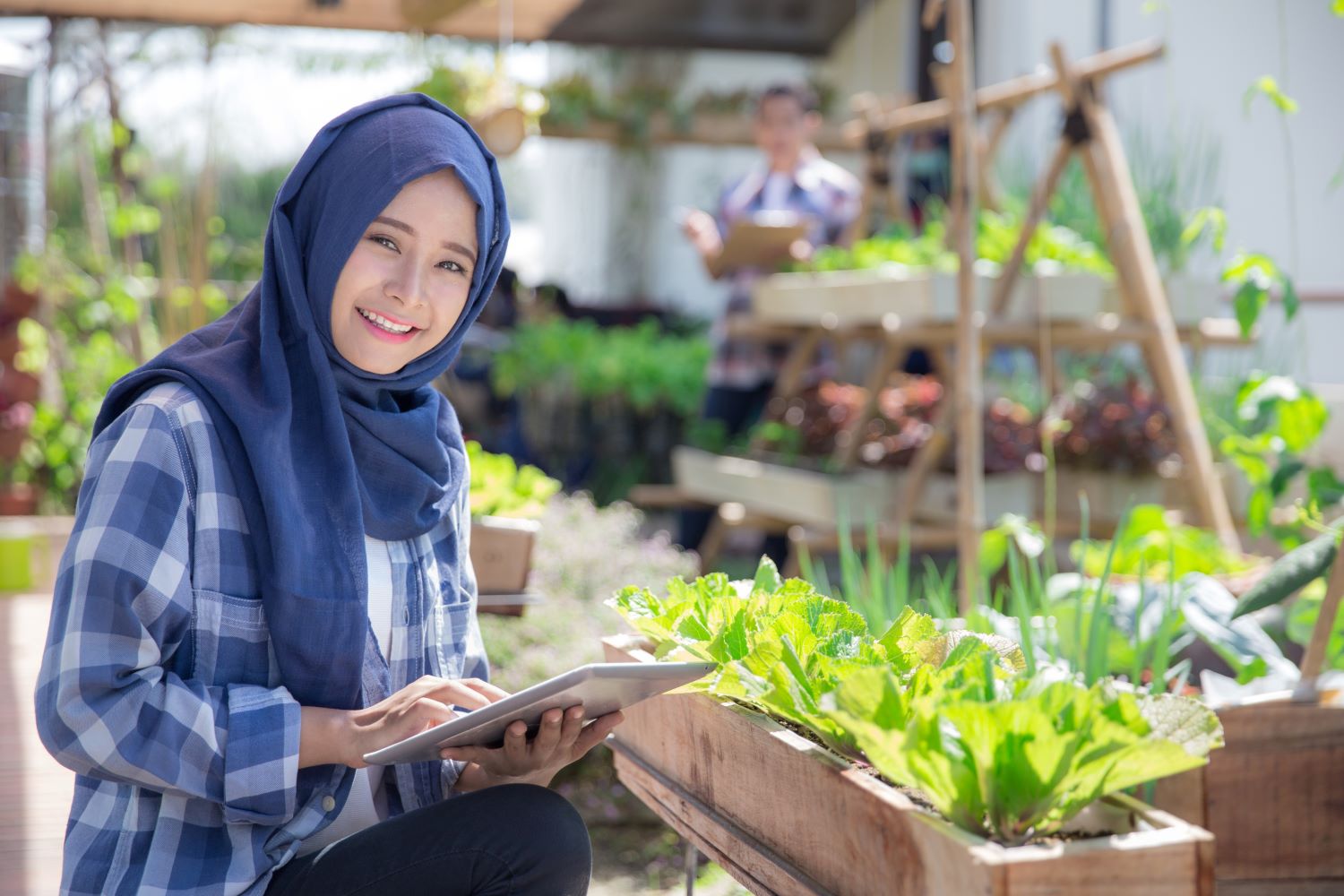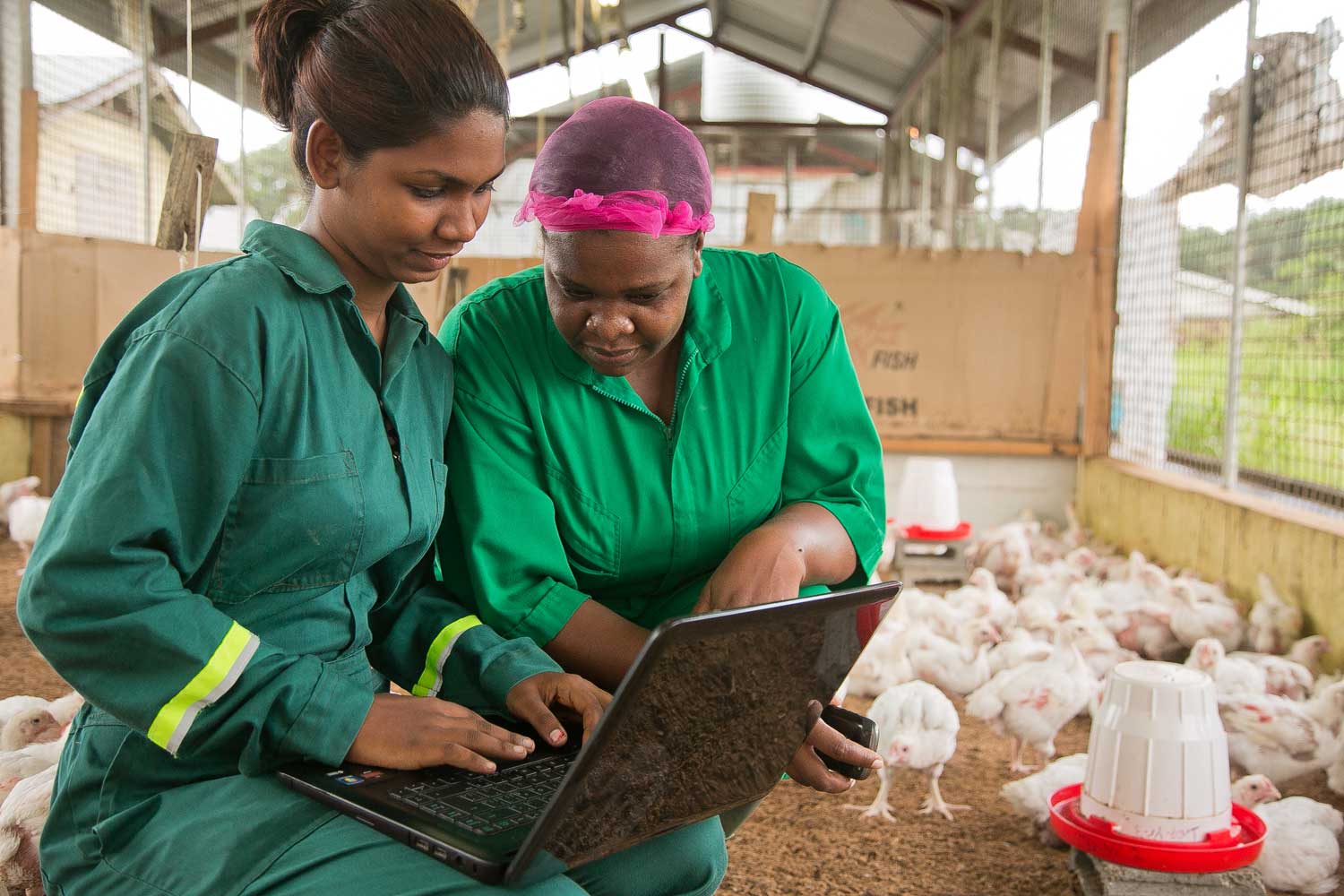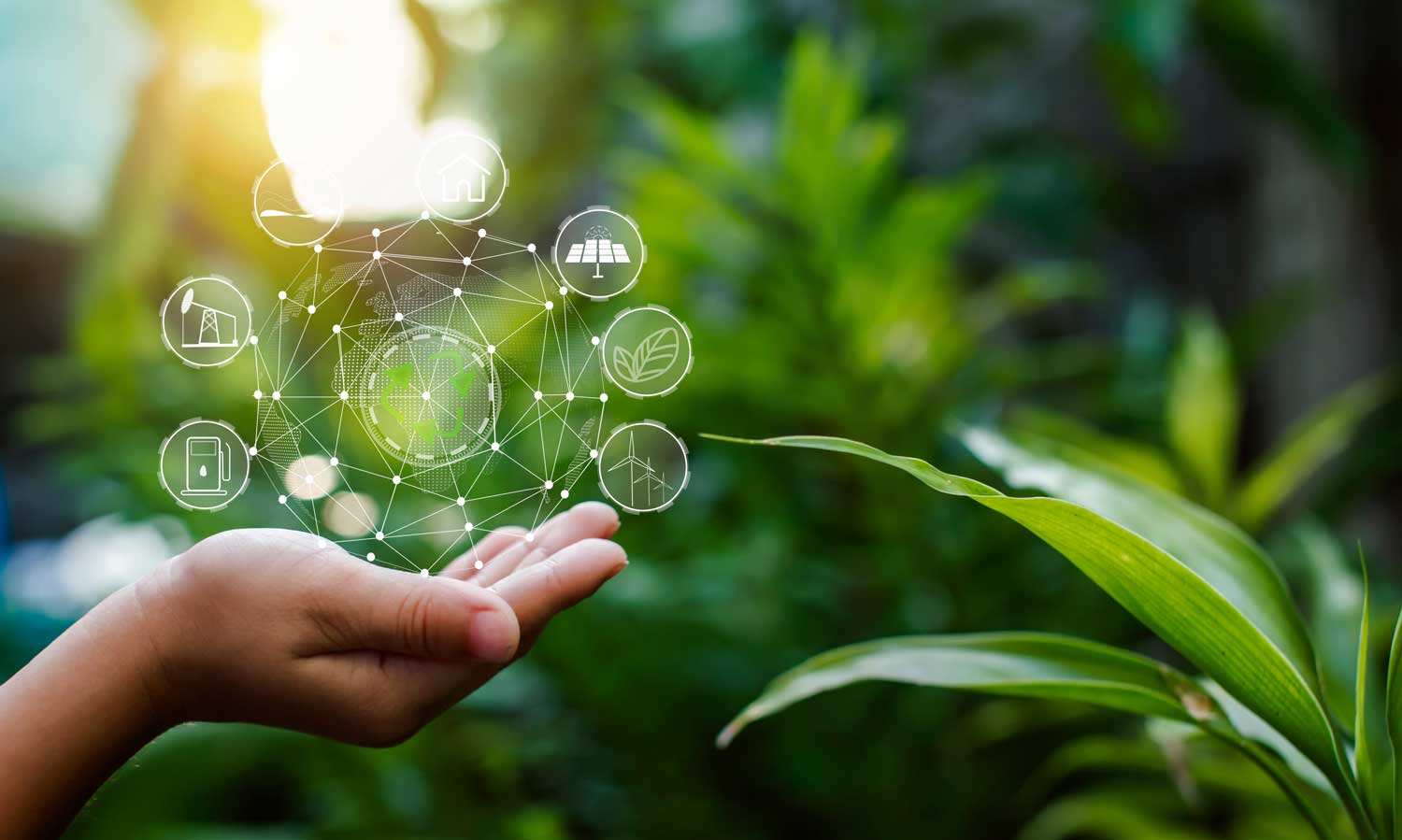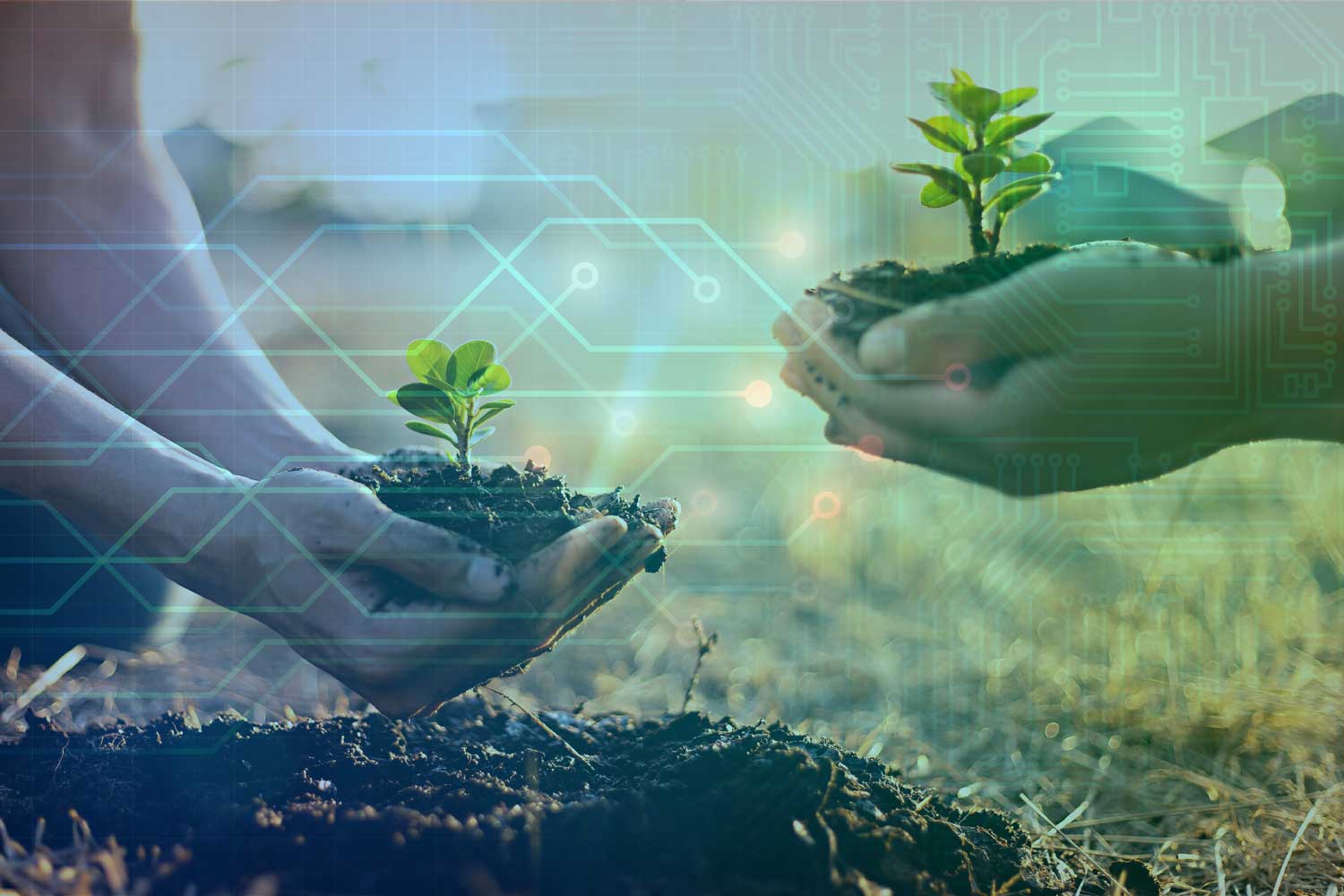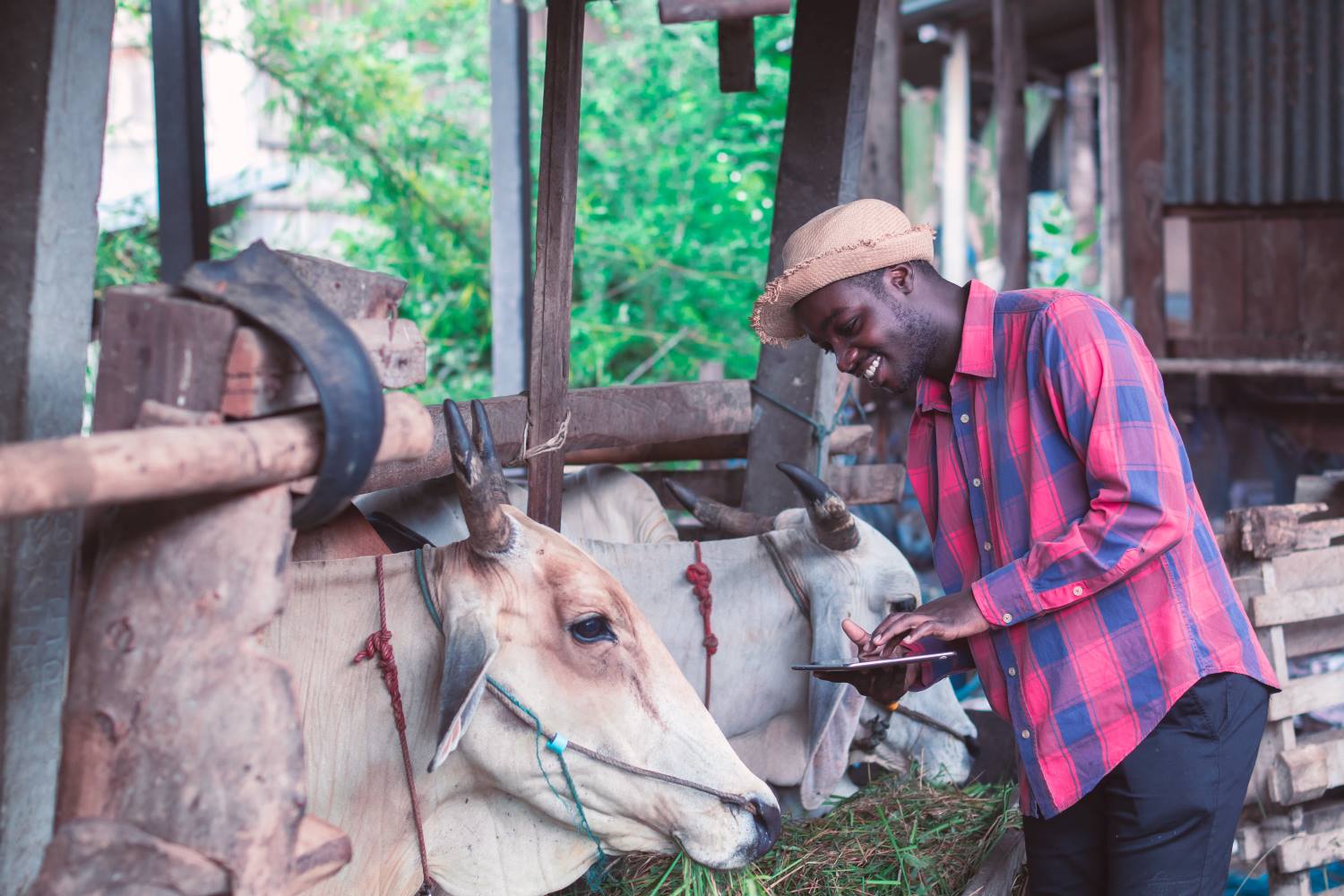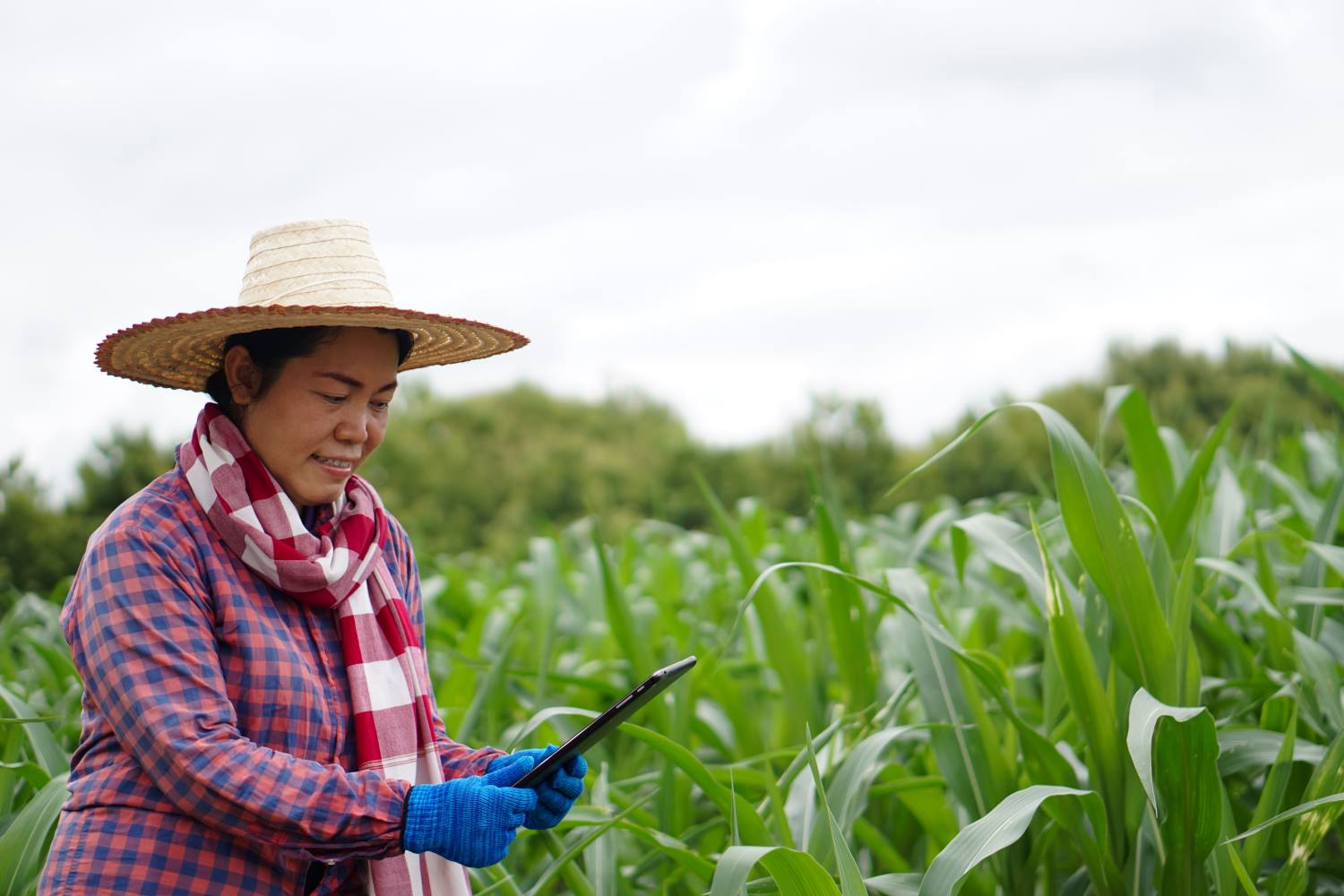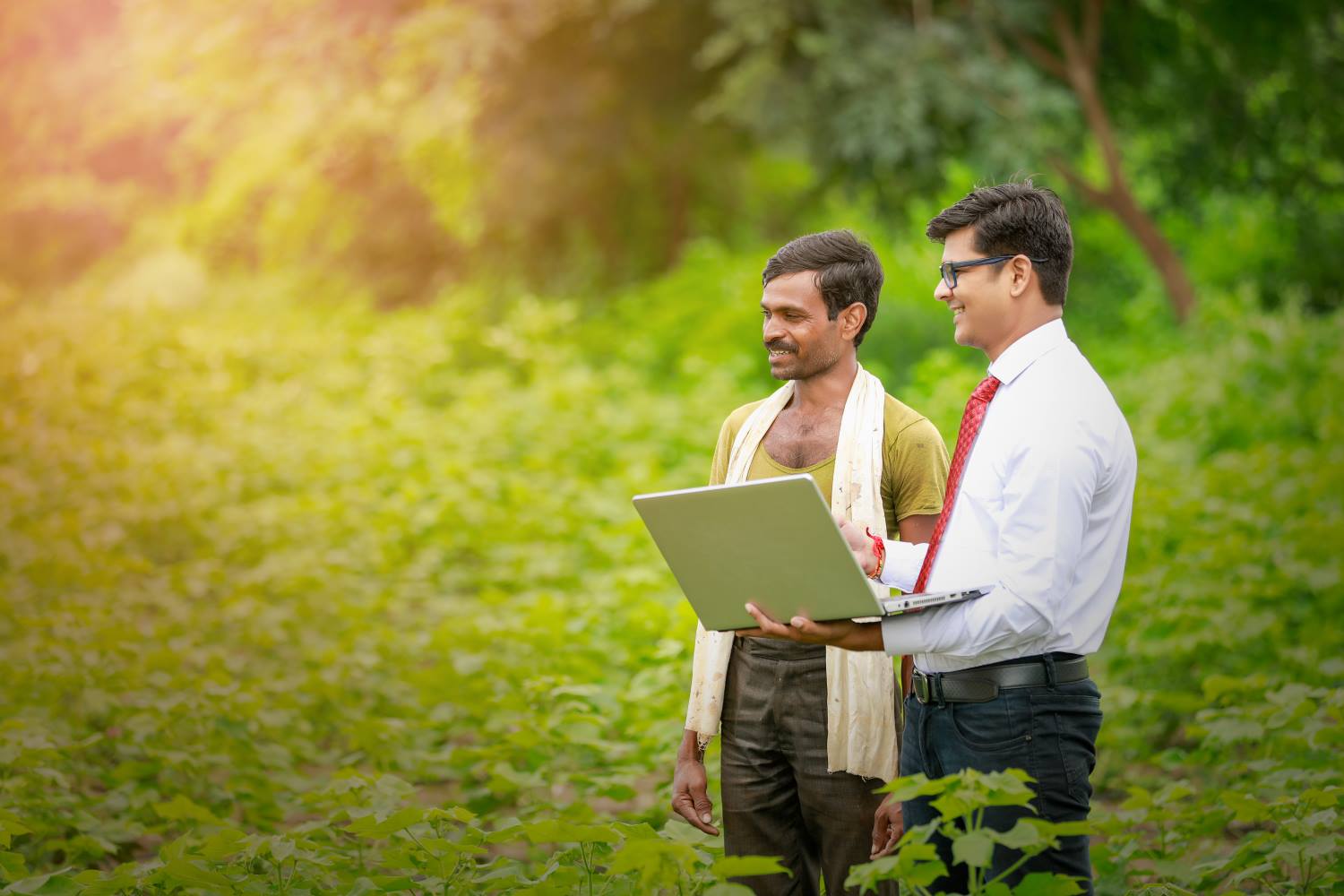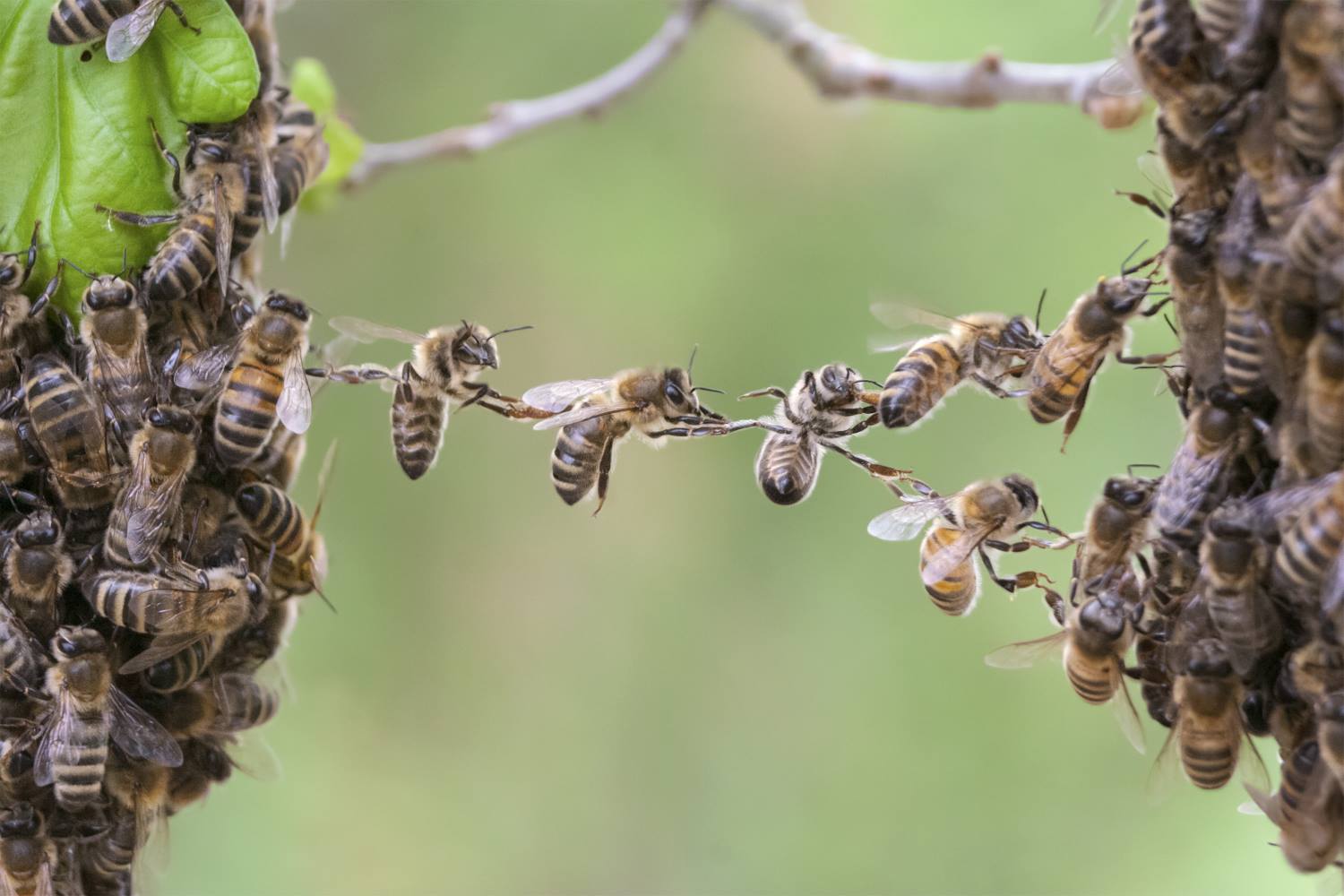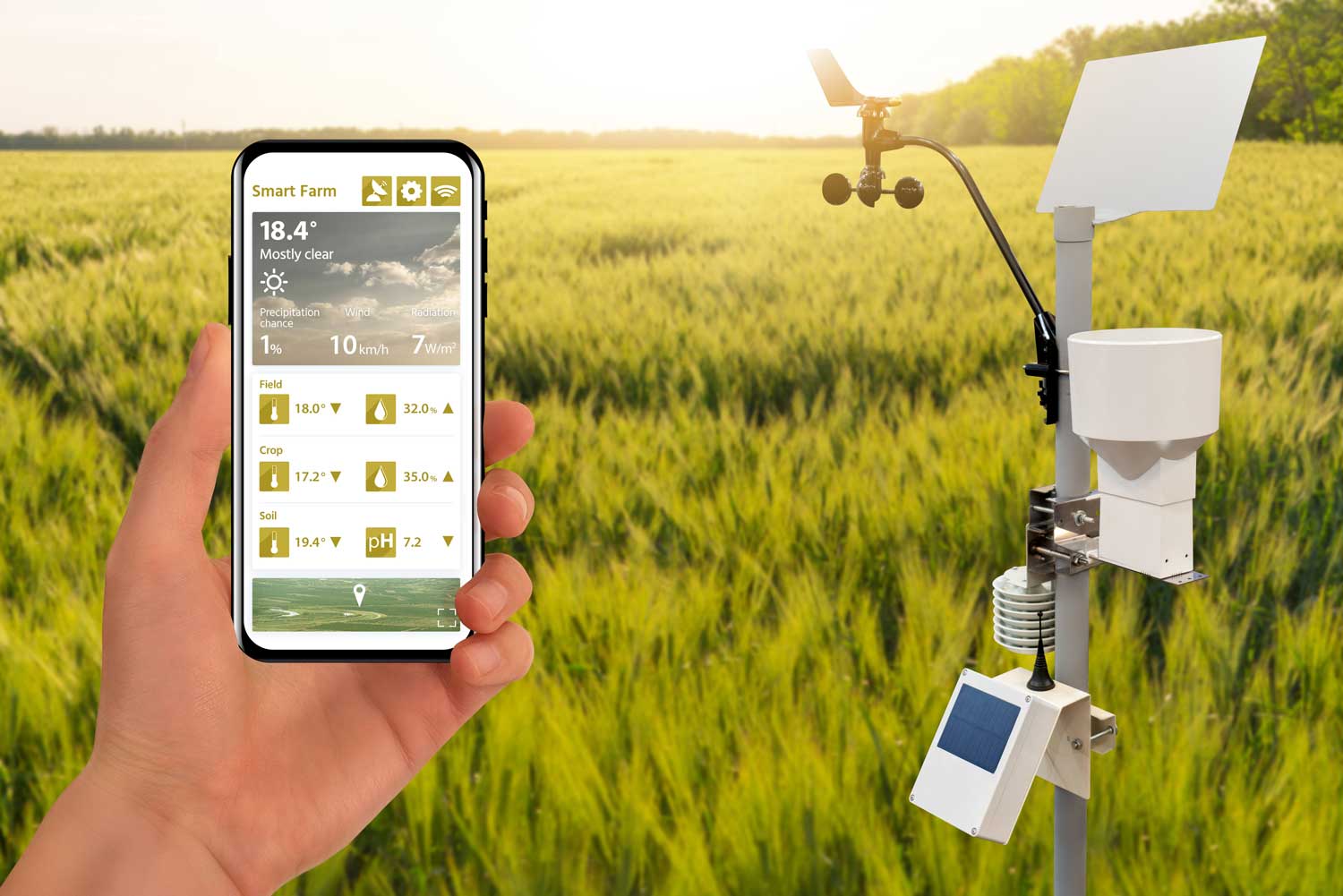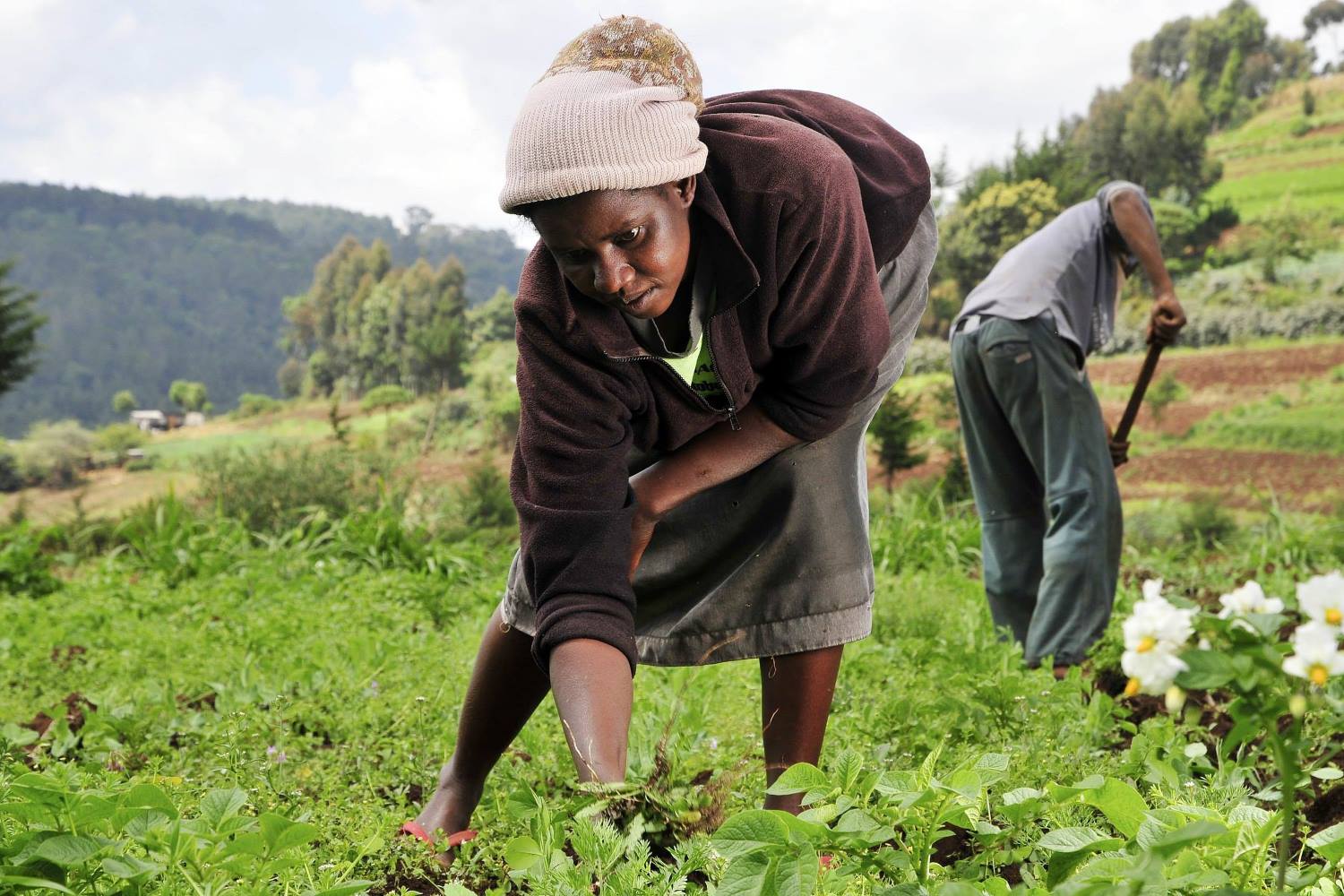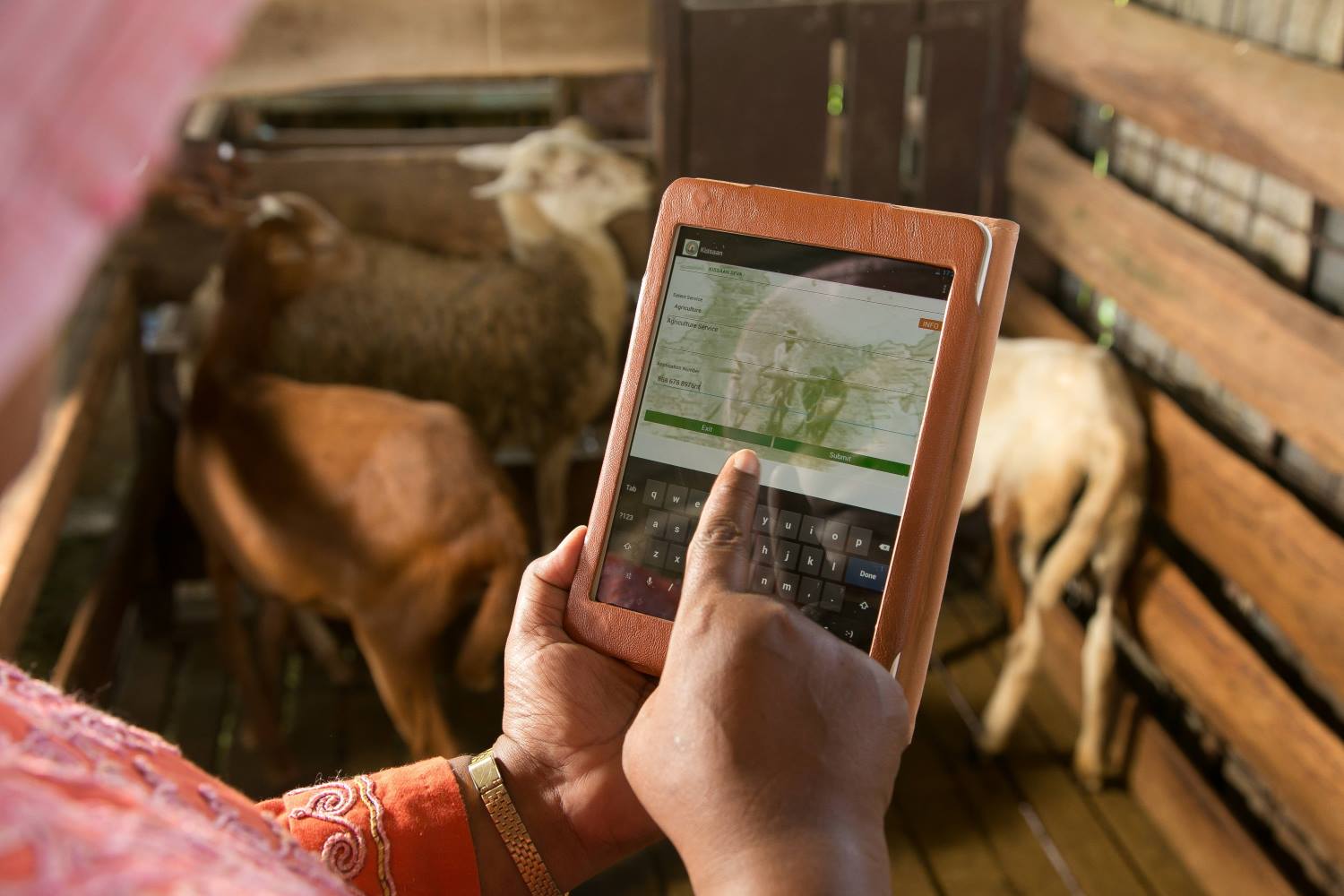Digital agroecology, an Oxymoron?
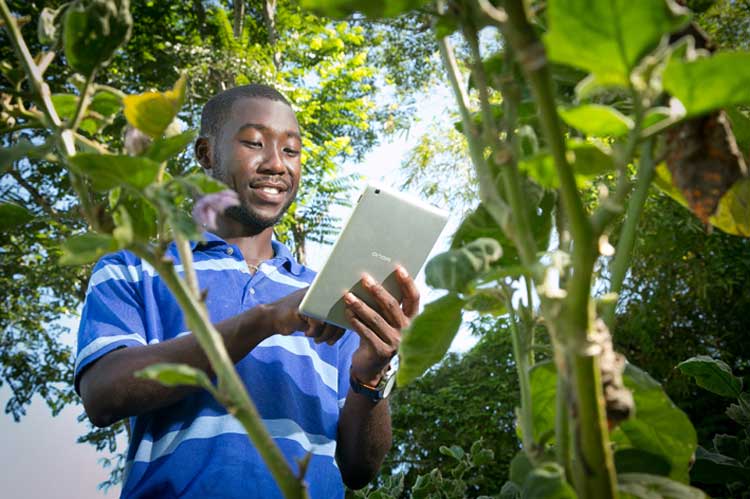
Digital agroecology, an Oxymoron?
Author: Valeria Pesce - Global Forum on Agricultural Research and Innovation (GFAR) c/o FAO
Publish Date: 13 July 2023
Join us as we delve into the intricate relationship between digital solutions and agroecology. From precision farming technologies to ecological principles, we uncover the complexities and potential for transformative change in sustainable agriculture. Embark on this enlightening journey where technology meets sustainability.
Unraveling the Digital-Agroecology Connection: Exploring Compatibility and Transformation
The debate on whether digital solutions are compatible with agroecology is divided into two sides. Some people believe that precision farming technologies, which use digital tools to improve agricultural practices, can be beneficial for agroecology. They argue that these technologies help farmers manage soil and crop health, reduce chemical use, and optimize resource efficiency. They also provide specific information for making field-specific recommendations. On the other hand, sceptics argue that digital technologies prioritize productivity over ecological considerations, leading to monocultures and increased chemical use. They also raise the risk of a lock-in effect of precision agriculture, i.e. the need for farmers to conform to pre-built agtech solutions.
However, the issue is more complex than just these two perspectives. Digital agriculture goes beyond precision farming and includes innovations throughout the entire food value chain. Agroecology, too, is not just about farming practices but brings attention to ecological processes for all involved in the food systems. The heated debate lies in the "transformational" aspects of agroecology, such as knowledge co-creation, social value, fairness, and connectivity.
When it comes to these transformational aspects, critics of digital agriculture have pointed out that digital technologies may worsen existing inequalities and concentrate data and insights in the hands of a few large companies. They also express concerns about the loss of farmers' knowledge, autonomy, data ownership, and the values of small-scale farming.
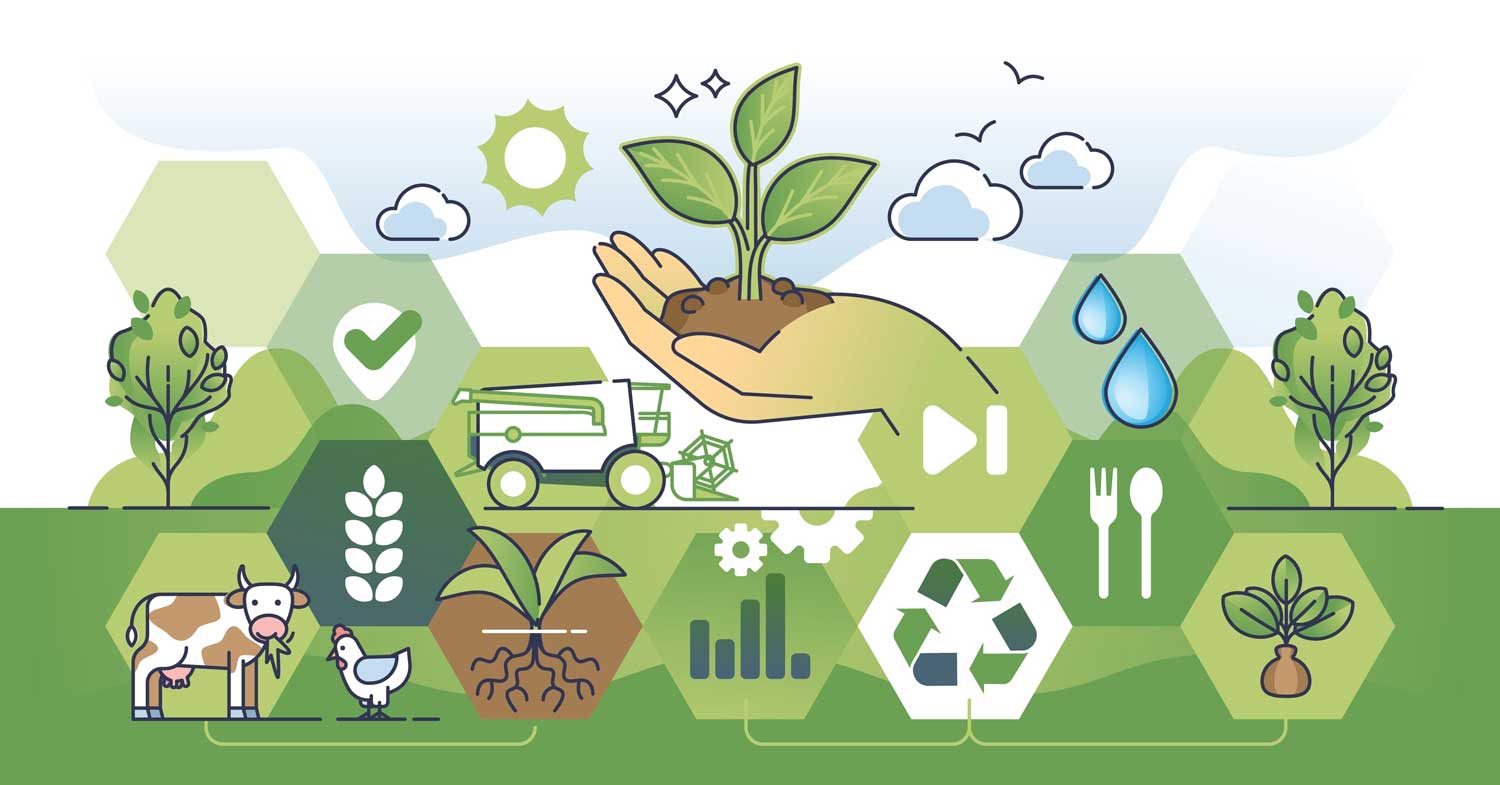
Via Campesina, an organization representing farmers, takes a very critical stand on digital agriculture, viewing it as a tool used by agroindustry to control the production chain and undermine family farming. However, there are studies shifting the debate towards exploring alternative models of digital solutions that are designed, marketed, deployed, and governed in more equitable ways. Examples include startups and civil society projects that develop alternative platforms and networks with collective governance.
Via Campesina does not reject digital technologies entirely but emphasizes the need for policies and practices that promote democratic control over food systems and ensure the participation of small-scale farmers in decision-making processes. They argue that farmers should have control over data and be involved in data processing and production.
In conclusion, while digital solutions can support agroecology, there are still important considerations to address. Via Campesina reminds us that human knowledge and intuition should not be entirely replaced by digital tools, and emphasizes the importance to keep farmers as the main agents and in control of the transformation processes that affect them.
Further Readings
Duff, H. et al. (2021) ‘Precision Agroecology’, Sustainability, 14(1), p. 106. doi:10.3390/su14010106. Retrieved at https://www.mdpi.com/2071-1050/14/1/106
Véronique Bellon Maurel, Ludovic Brossard, Frédérick Garcia, Nathalie Mitton, Alexandre Termier. Agriculture and Digital Technology: Getting the most out of digital technology to contribute to the transition to sustainable agriculture and food systems. pp.1-185, 2022, ff10.17180/wmkb-ty56-enff.ffhal-03604970f. Retrieved at https://hal.inrae.fr/hal-03604970/file/white-paper-agriculture-digital-technology-2022_INRIA_HD.pdf
HLPE. 2019. Agroecological and other innovative approaches for sustainable agriculture and food systems that enhance food security and nutrition. A report by the High Level Panel of Experts on Food Security and Nutrition of the Committee on World Food Security, Rome. Retrieved at https://www.fao.org/fileadmin/user_upload/hlpe/hlpe_documents/HLPE_Reports/HLPE-Report-14_EN.pdf
Schola Campesina. Food sovereignty and Agroecology are the adequate framework to develop innovations for family farming. https://www.scholacampesina.org/wp-content/uploads/2018/11/Paper-Innovation-for-Family-farming.pdf
Jennifer Clapp, Sarah-Louise Ruder; Precision Technologies for Agriculture: Digital Farming, Gene-Edited Crops, and the Politics of Sustainability. Global Environmental Politics 2020; 20 (3): 49–69. doi: https://doi.org/10.1162/glep_a_00566
